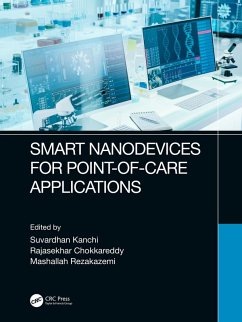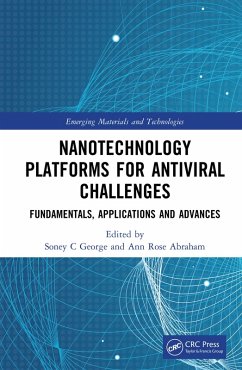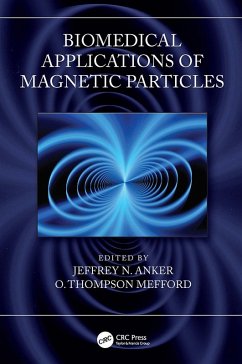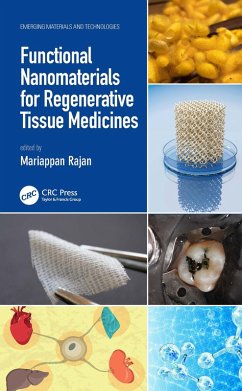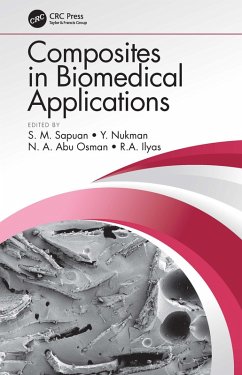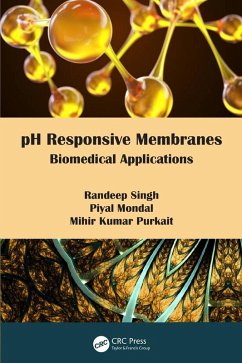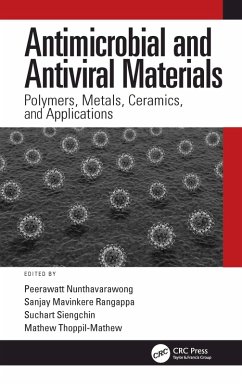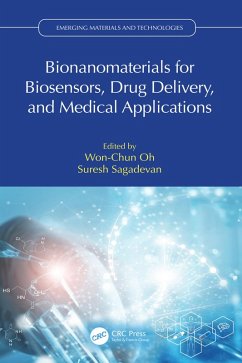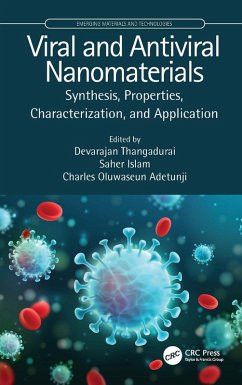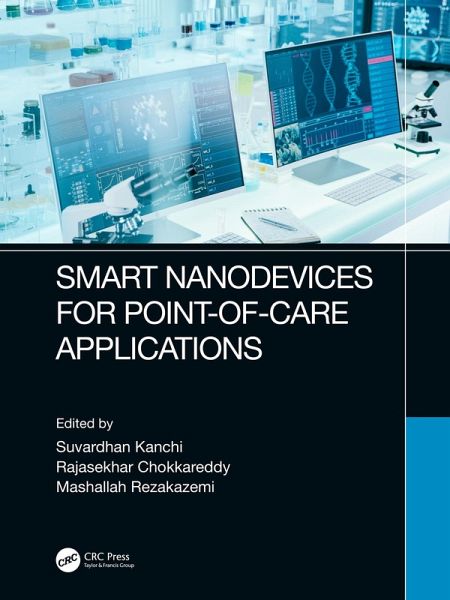
Smart Nanodevices for Point-of-Care Applications (eBook, ePUB)

PAYBACK Punkte
54 °P sammeln!
Smart Nanodevices for Point-of-Care Applications examines the latest trends on the capabilities of nanomaterials for point-of-care (PoC) diagnostics and explains how these materials can help to strengthen, miniaturize, and improve the quality of diagnostic devices. A thorough explanation of all-in-one nanosmart devices is included, incorporating all of the applications and fundamentals of these smart devices.This book provides practical information on the following: novel and effective smart materials, better-quality health management, effective management of a disease, potential point-of-care...
Smart Nanodevices for Point-of-Care Applications examines the latest trends on the capabilities of nanomaterials for point-of-care (PoC) diagnostics and explains how these materials can help to strengthen, miniaturize, and improve the quality of diagnostic devices. A thorough explanation of all-in-one nanosmart devices is included, incorporating all of the applications and fundamentals of these smart devices.
This book provides practical information on the following: novel and effective smart materials, better-quality health management, effective management of a disease, potential point-of-care devices, and mobile nanosensors.
Additional Features
This book provides practical information on the following: novel and effective smart materials, better-quality health management, effective management of a disease, potential point-of-care devices, and mobile nanosensors.
Additional Features
- Includes in-depth research based collation of the latest trends of smart devices
- Provides practical information on all-in-one nanosmart devices
- Explains how nanomaterials can help to strengthen and improve the quality of diagnostic devices
- Emphasizes the development of smart nanodevices, especially the miniaturization aspect
Dieser Download kann aus rechtlichen Gründen nur mit Rechnungsadresse in A, B, BG, CY, CZ, D, DK, EW, E, FIN, F, GR, HR, H, IRL, I, LT, L, LR, M, NL, PL, P, R, S, SLO, SK ausgeliefert werden.




